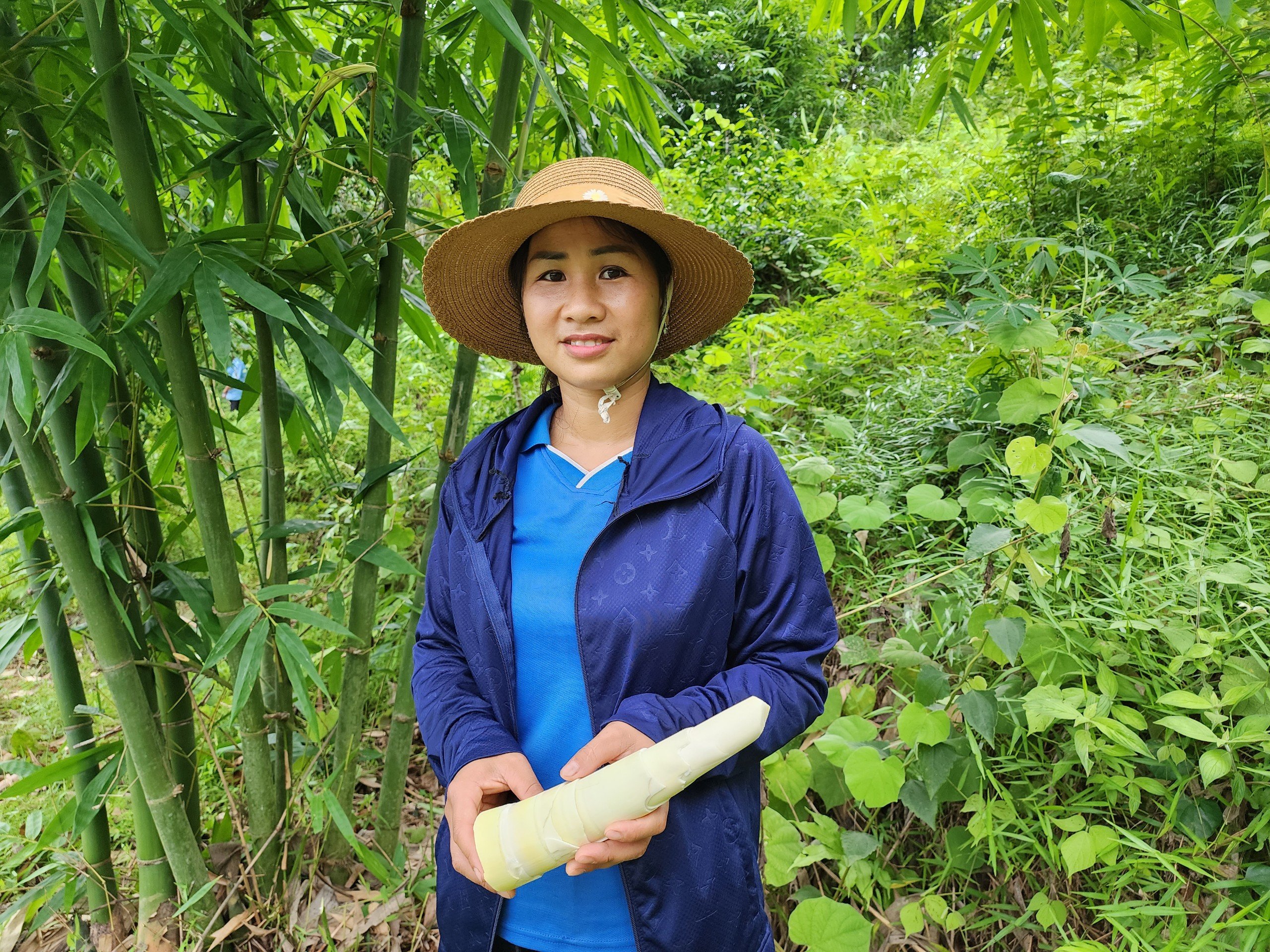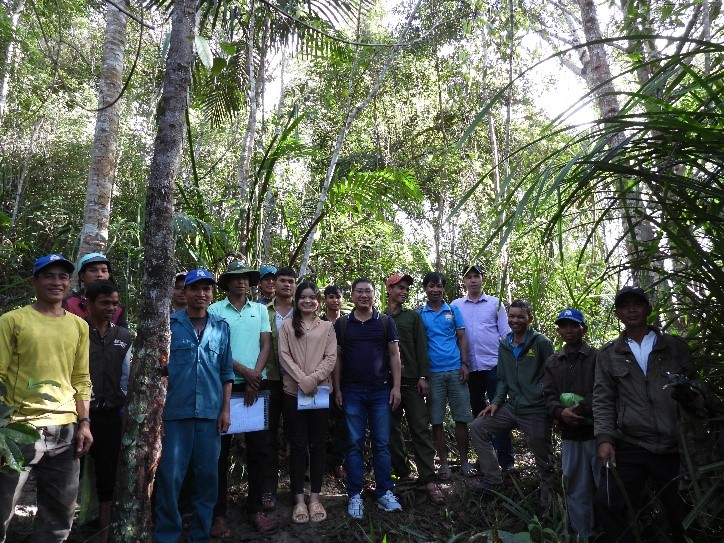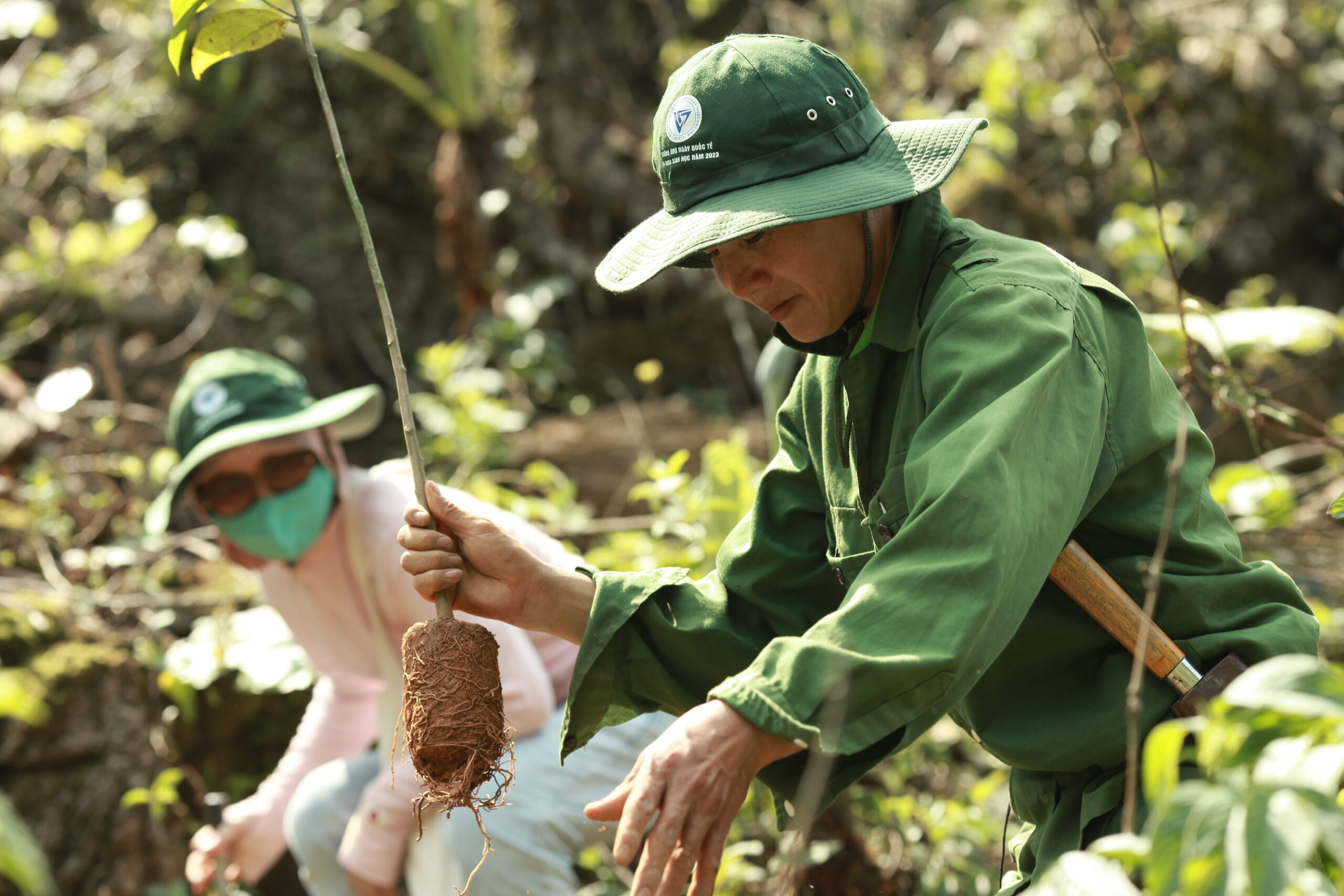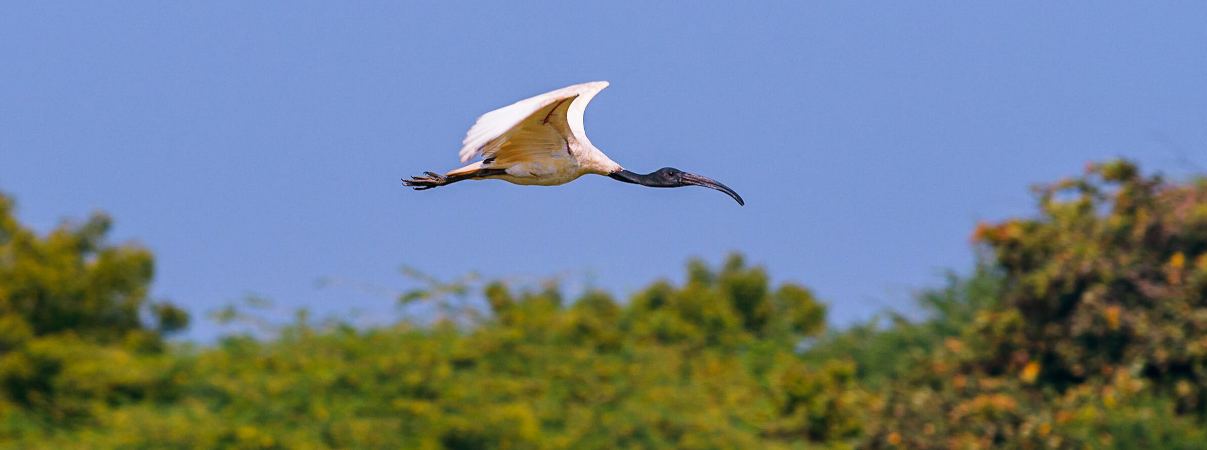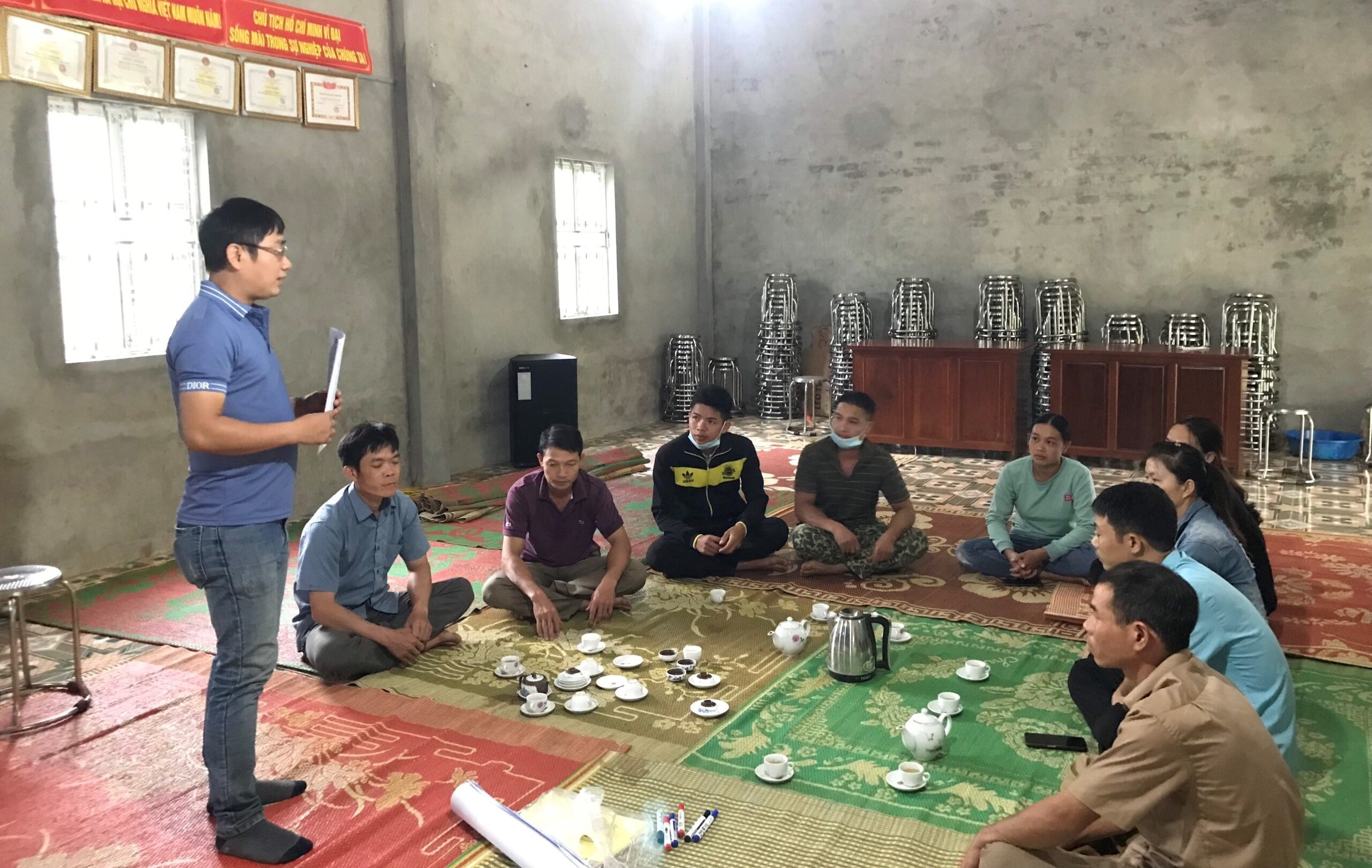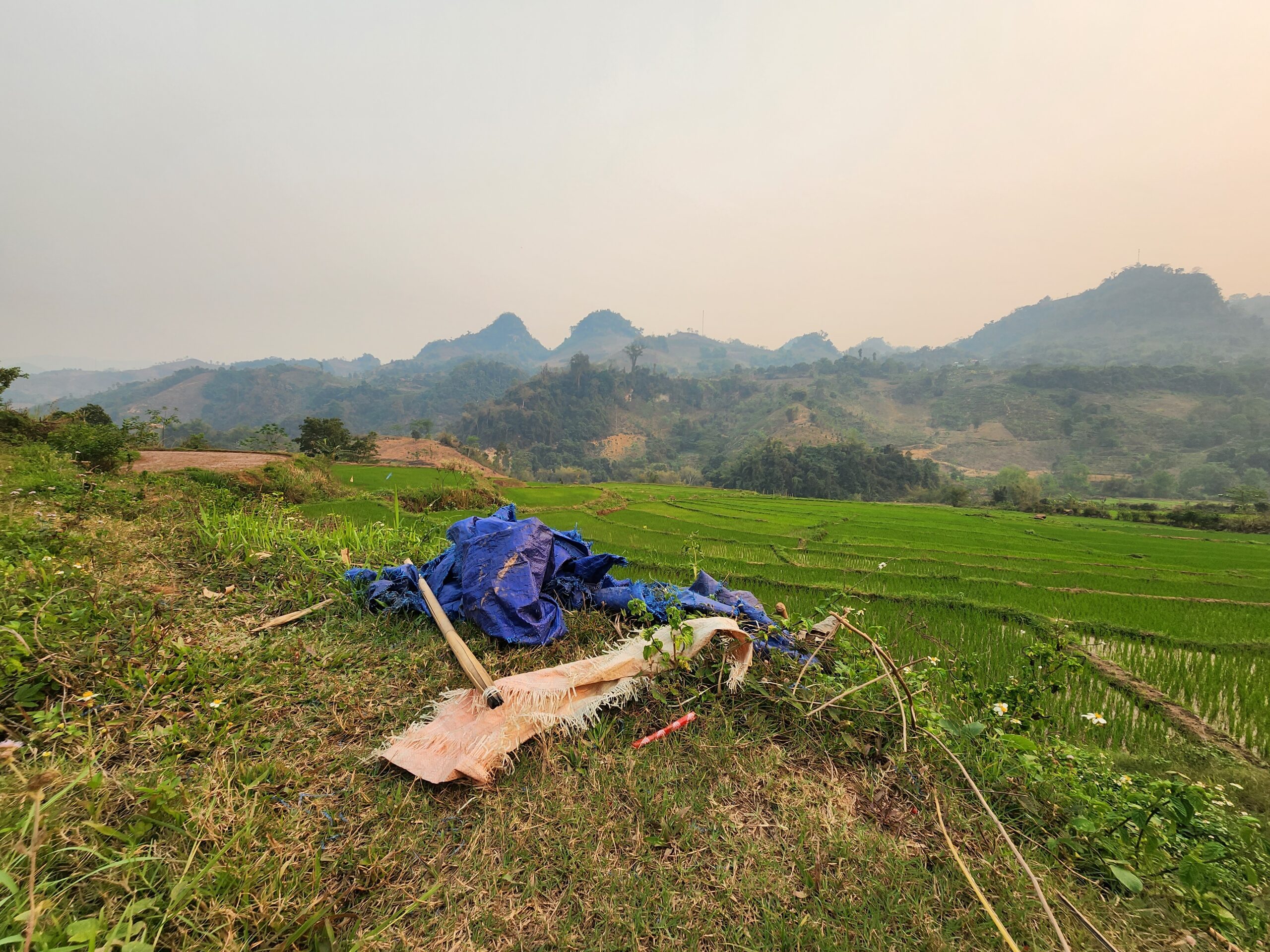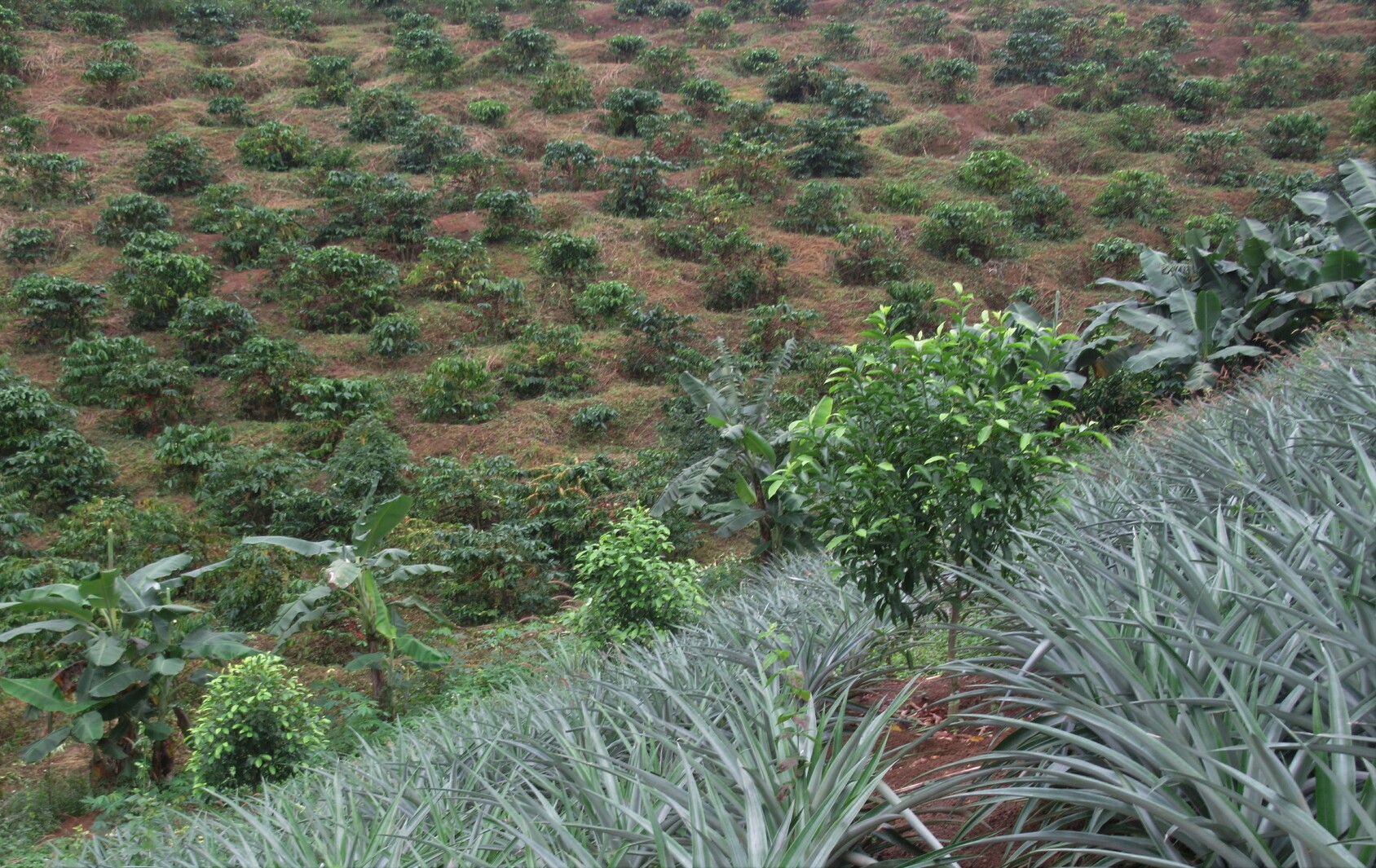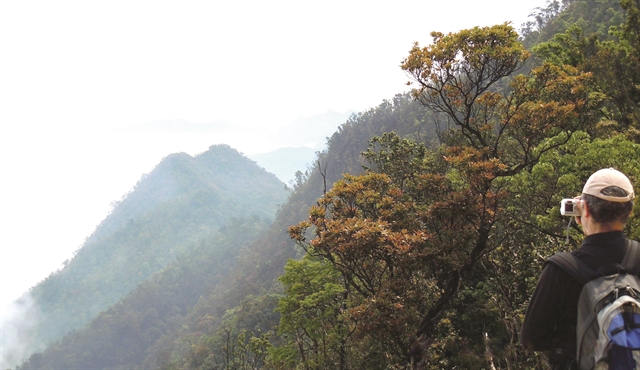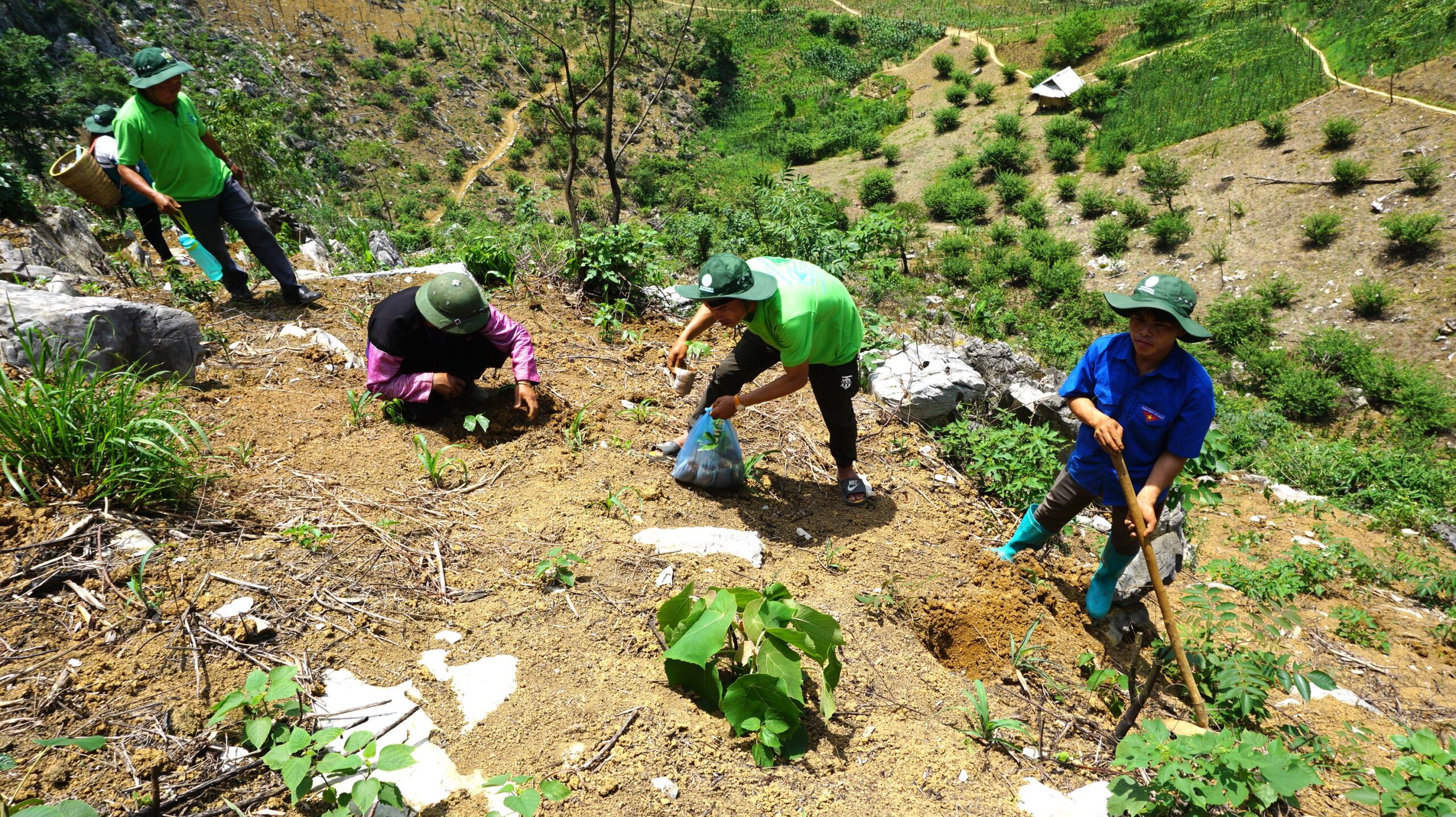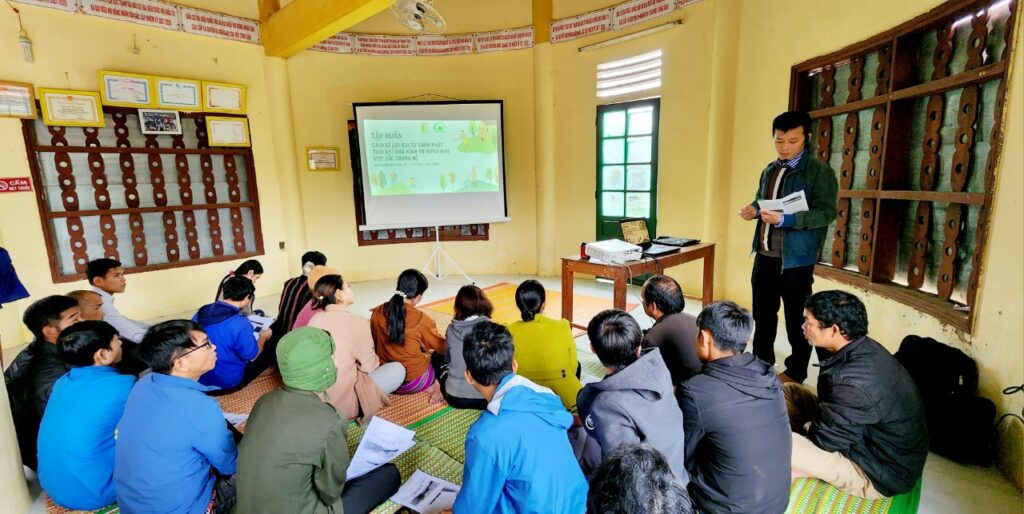Promoting Sustainable Production and Facilitating Market Access for Bamboo Shoots in Xuan Nha Commune
The Xuan Nha bamboo shoot production and processing cooperative was founded in 2020 with 12 core members and 4 cooperative groups in four villages of Xuan Nha commune (Tun, Na Hieng, Chieng Nua, and Pu Lau) of Van Ho district. The Cooperative Management Board's core members are entirely women, and the majority are Thai and Muong ethnic people.

